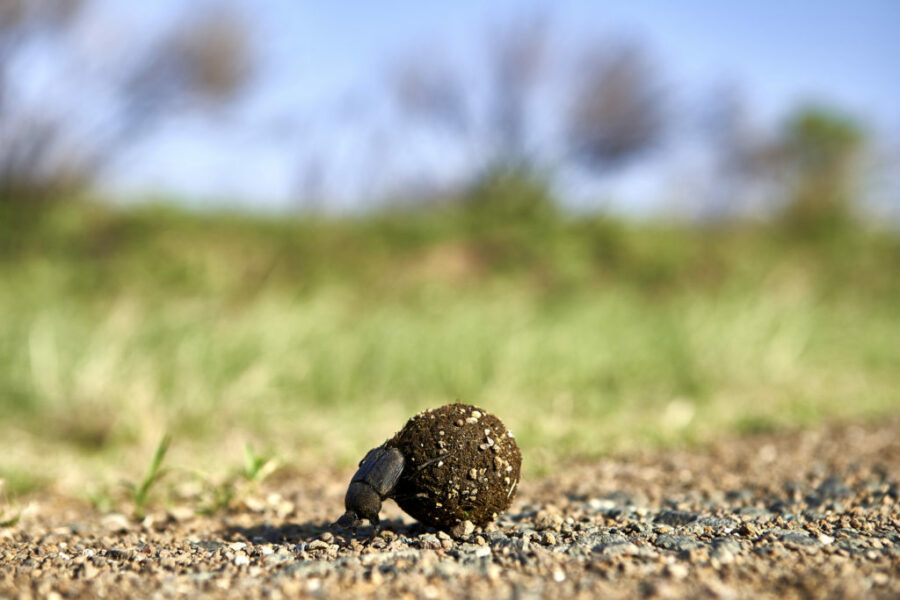In a podcast aired by the Canadian Broadcasting Corporation, SEI Researcher Daniel Ddiba answers questions about using poop as an alternative to fossil fuel-based energy sources. Ddiba, whose research focuses on waste management solutions, discusses the use of human and animal waste for energy on an episode of “Tai Asks Why?”, an interview series hosted by a Canadian seventh-grader.
Alternative sources of energy are attracting more attention as the world seeks to limit climate change by moving away from fossil fuel-based energy sources. As research shows, poop is one of the alternative and more sustainable sources that could help reduce emissions that lead to climate change, and achieve Sustainable Development Goal 7, to ensure access to affordable, reliable, sustainable and modern energy for all.
At SEI, researchers within the UrbanCircle project and the Initiative on Sustainable Sanitation are developing tools and strategies that cities can use to turn organic waste streams into useful resources and energy sources. SEI created the decision-support tool, REVAMP, specifically to help cities determine the quantities and types of resources that they can recover and reuse from their waste streams.
Preliminary findings from SEI’s work in three key cities – Kampala, Uganda; Naivasha, Kenya; and Chía, Colombia – demonstrate the potential of poop and its derivatives to contribute significantly towards meeting energy demands. For example, local enterprises in Kampala and Naivasha are already making briquettes from faecal sludge to use for household cooking and for industrial kilns. Research from Kampala demonstrates that burning dried poop as a source of industrial fuel is technically viable.
Daniel Ddiba, who coordinates the UrbanCircle work in Naivasha, spoke about “poop power” in a Canadian Broadcasting Corporation podcast. He is featured in this episode of the podcast, “Tai Asks Why”, in which seventh-grader Tai Poole asks questions about the pros and cons of various alternative energy sources. Other guests featured with Ddiba include researchers from Stanford University and the US National Aeronautics and Space Administration (NASA).
Read more and listen to the podcast episode on www.sei.org

